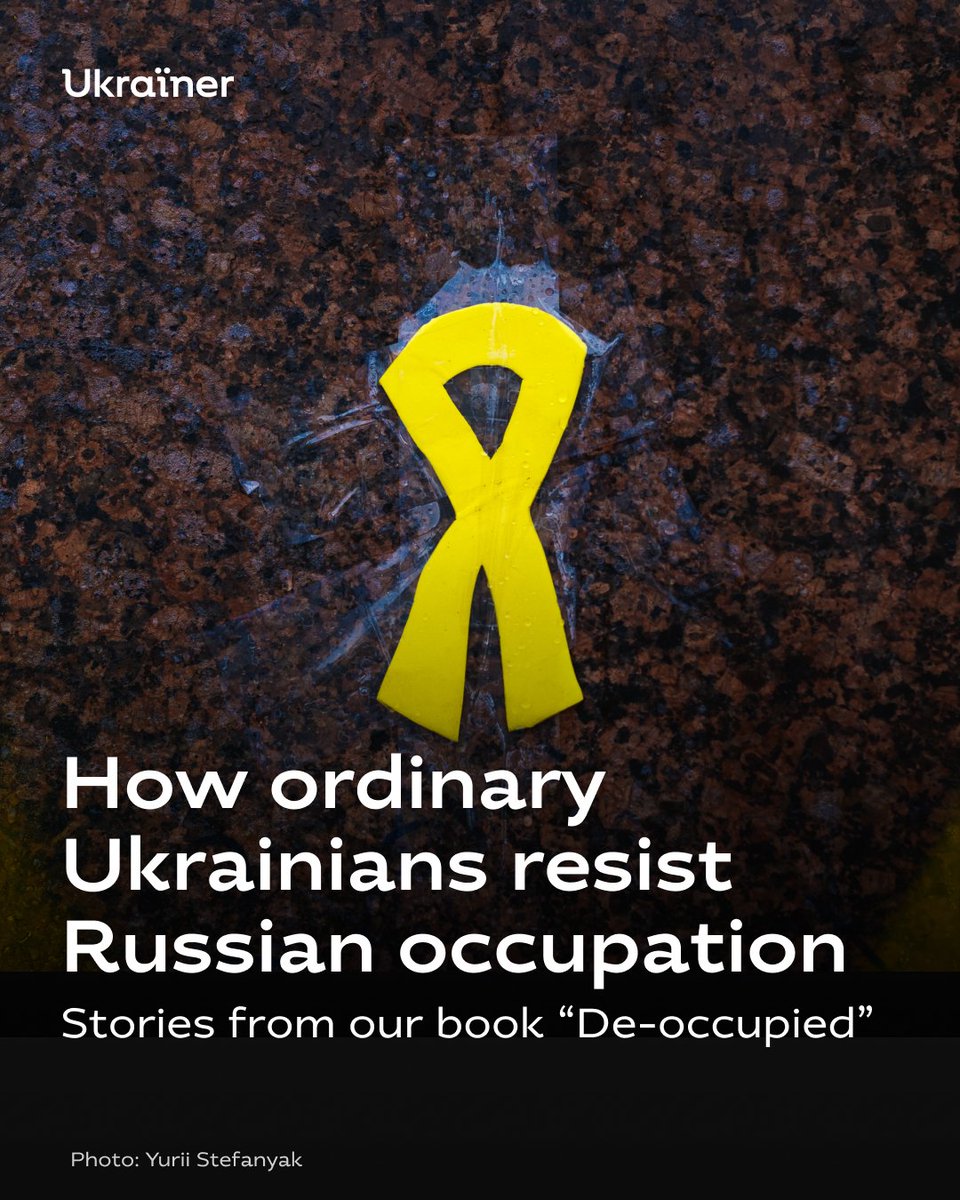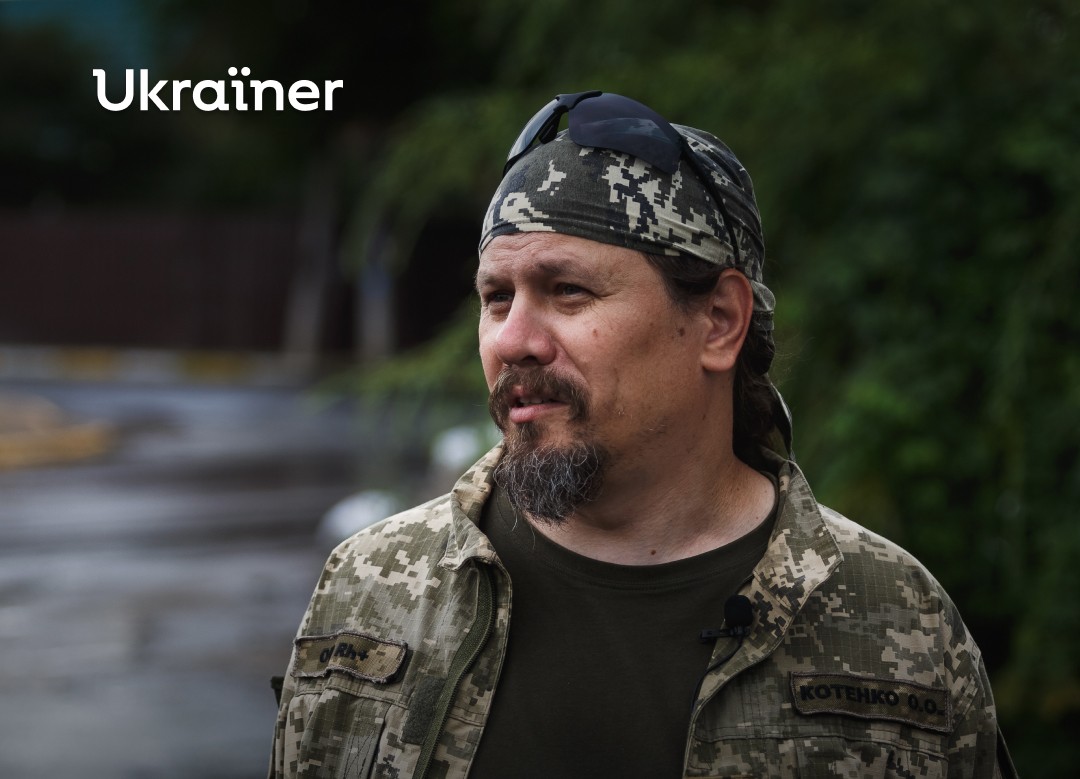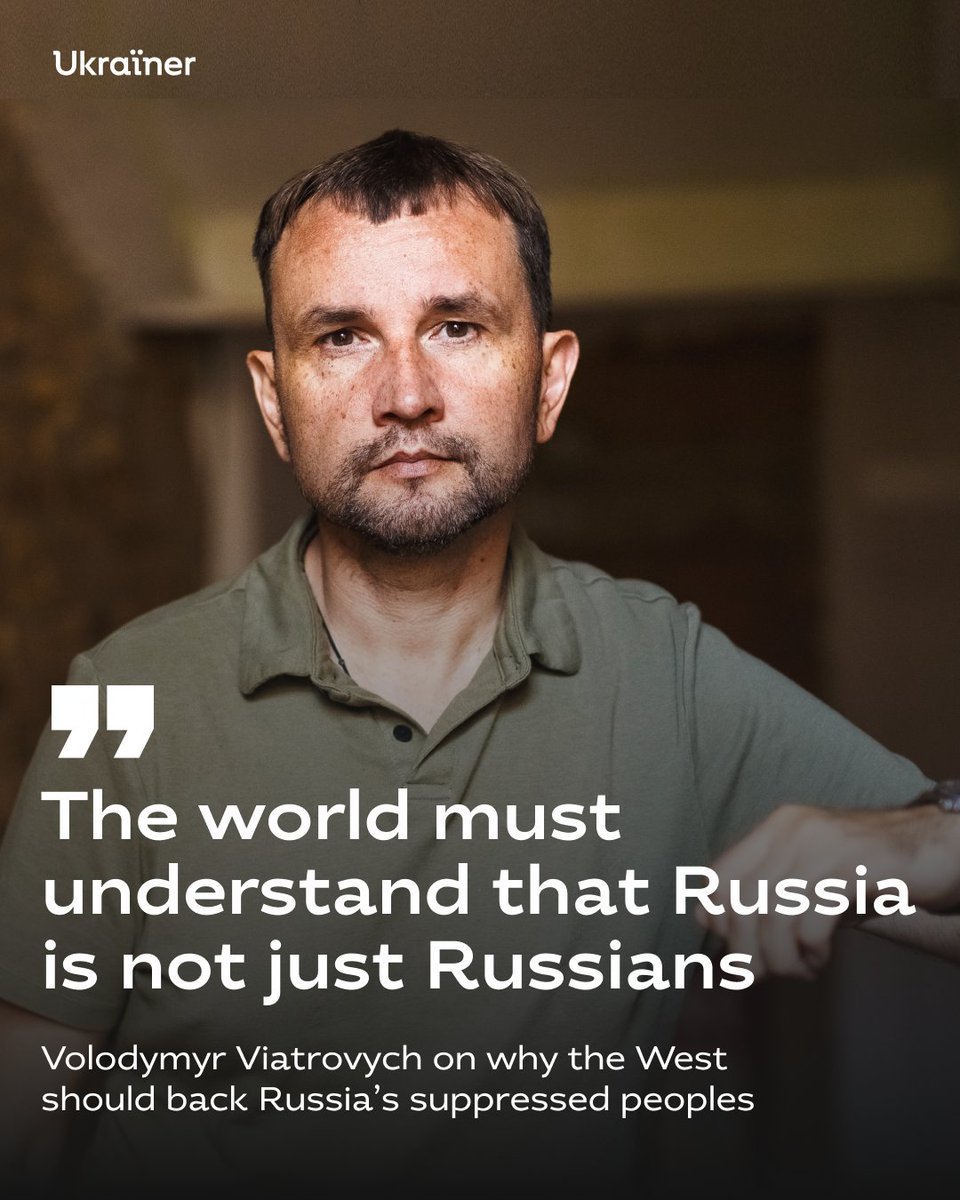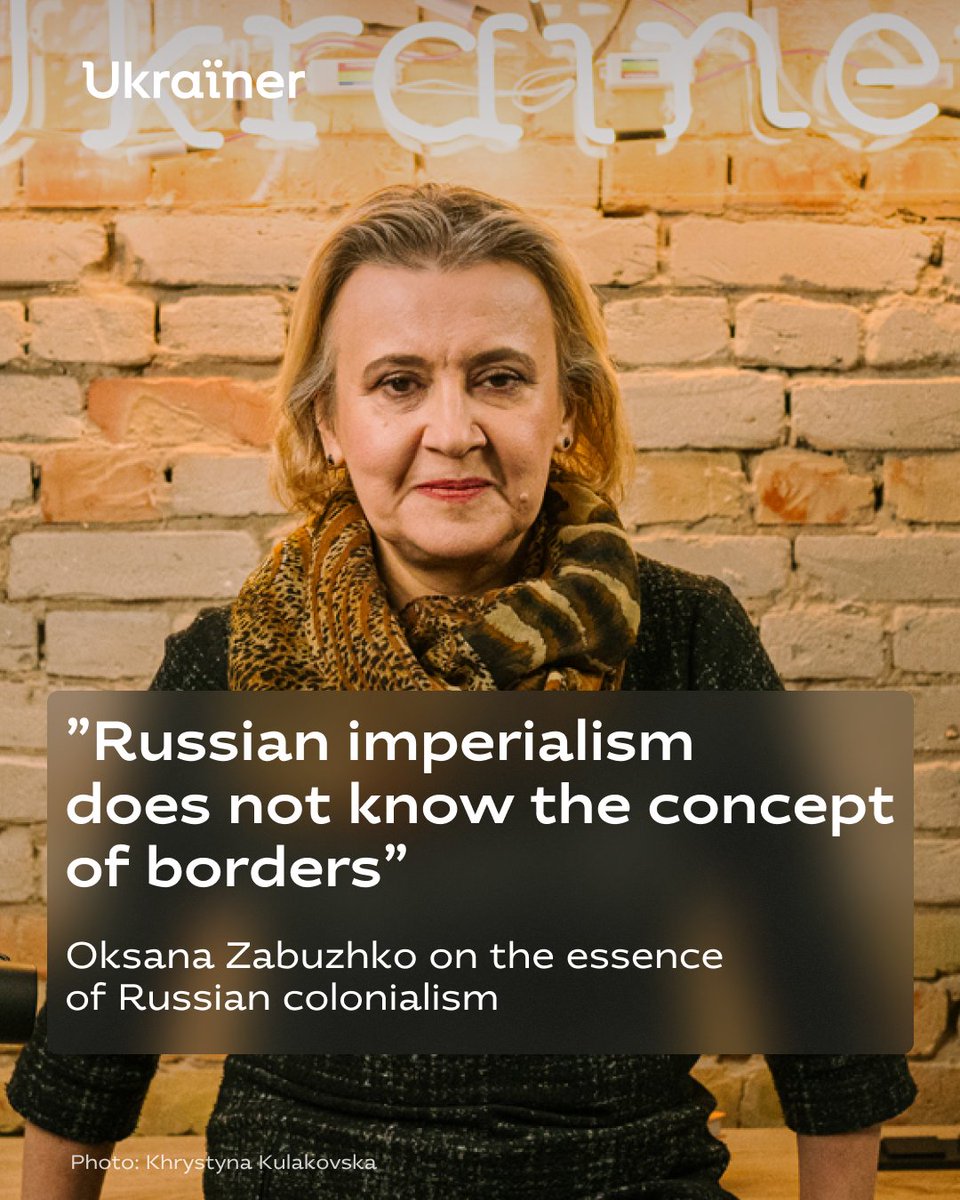
Until victory is achieved, we will remain the reliable source of information about wartime events in Ukraine.
How to get URL link on X (Twitter) App


 Tango in Bucha
Tango in Bucha

 Ukraine’s constitutional roots go back to the 11th century, when Yaroslav the Wise introduced Rus’ Truth—one of Europe’s earliest legal codes. Unlike Roman-based laws, it protected personal rights and favored fines over harsh punishment.
Ukraine’s constitutional roots go back to the 11th century, when Yaroslav the Wise introduced Rus’ Truth—one of Europe’s earliest legal codes. Unlike Roman-based laws, it protected personal rights and favored fines over harsh punishment.
 All wars of aggression rely on propaganda to sway the masses, because wiping out an entire people or national community takes planning, unity, and motivation. Propaganda becomes the invisible fuel of war — and for many, a convenient cover for their crimes.
All wars of aggression rely on propaganda to sway the masses, because wiping out an entire people or national community takes planning, unity, and motivation. Propaganda becomes the invisible fuel of war — and for many, a convenient cover for their crimes.
 💬 “I don’t accept the arguments that are often heard these days, like: “Maybe we should give Russia some territory and it will calm down.” It won’t. Because for Russia, this has never been a war for territory.”
💬 “I don’t accept the arguments that are often heard these days, like: “Maybe we should give Russia some territory and it will calm down.” It won’t. Because for Russia, this has never been a war for territory.”
 State-run Radio Belarus has leveraged its Polish-language pages on TikTok, YouTube, X, and Facebook to publish over 7,790 videos and posts — racking up 16 million views and at least 542,000 engagements by early May.
State-run Radio Belarus has leveraged its Polish-language pages on TikTok, YouTube, X, and Facebook to publish over 7,790 videos and posts — racking up 16 million views and at least 542,000 engagements by early May.
 In April 2025, Ukraine captured two Chinese nationals fighting for Russia — part of over 155 identified on the front lines. This script is not rare: according to UK intelligence, Russia has recruited over 1,500 fighters since April 2023, mainly from across the Global South.
In April 2025, Ukraine captured two Chinese nationals fighting for Russia — part of over 155 identified on the front lines. This script is not rare: according to UK intelligence, Russia has recruited over 1,500 fighters since April 2023, mainly from across the Global South.
 The 1944 deportation was the tragic culmination of a long history of persecution that began with the annexation of Crimea by the Russian Empire in 1783. Before the annexation, Crimean Tatars comprised about 90% of the peninsula’s population.
The 1944 deportation was the tragic culmination of a long history of persecution that began with the annexation of Crimea by the Russian Empire in 1783. Before the annexation, Crimean Tatars comprised about 90% of the peninsula’s population.

 Ukrainians from western regions were often recorded as Poles; those born in the Soviet Union were listed as Russians or Soviet citizens; others were classified as Czechs or Romanians.
Ukrainians from western regions were often recorded as Poles; those born in the Soviet Union were listed as Russians or Soviet citizens; others were classified as Czechs or Romanians.
 Artificial loyalty
Artificial loyalty

 Oksana Zabuzhko’s works have been translated into 20+ languages. In 2023, she was named one of the BBC’s 100 Most Influential Women, and in 2024, she joined the jury of the Berlin International Film Festival.
Oksana Zabuzhko’s works have been translated into 20+ languages. In 2023, she was named one of the BBC’s 100 Most Influential Women, and in 2024, she joined the jury of the Berlin International Film Festival.
 A crucial element of this #crime is the intention to fully or partially destroy #Ukrainians as a national group.
A crucial element of this #crime is the intention to fully or partially destroy #Ukrainians as a national group. 

 by waging a fierce war, cutting Ukrainians from food and water supplies, burning Ukrainian harvests, and blocking the export of grains in the Black Sea.
by waging a fierce war, cutting Ukrainians from food and water supplies, burning Ukrainian harvests, and blocking the export of grains in the Black Sea.